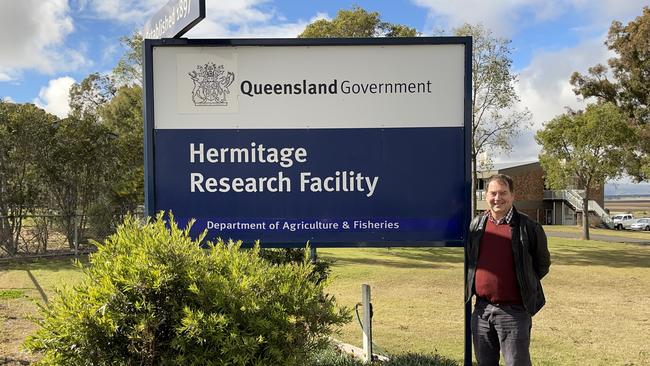Warwick scientist’s world-leading work helps producers fight effects of drought
The renowned professor’s work has helped farmers in the region grow crops that are heat resistant and able to survive the effects of climate change, with modern technology bringing new opportunities for the vital industry.
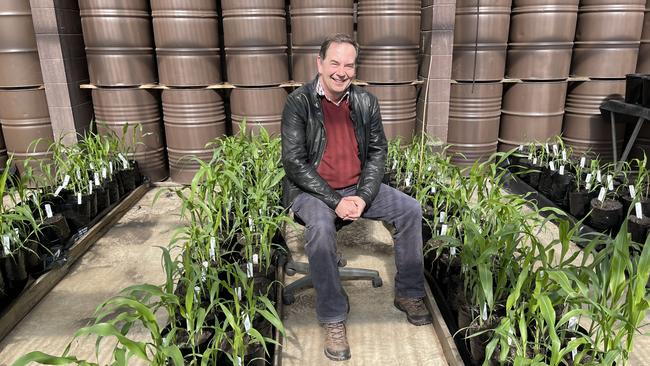
Warwick
Don't miss out on the headlines from Warwick. Followed categories will be added to My News.
A Warwick scientist is carrying out groundbreaking work using drones to help enable farmers across the world to continue to produce adequate crop levels, even during drought.
Warwick Professor David Jordan has specialised in sorghum breeding at the Hermitage Research Facility for the past 30 years.
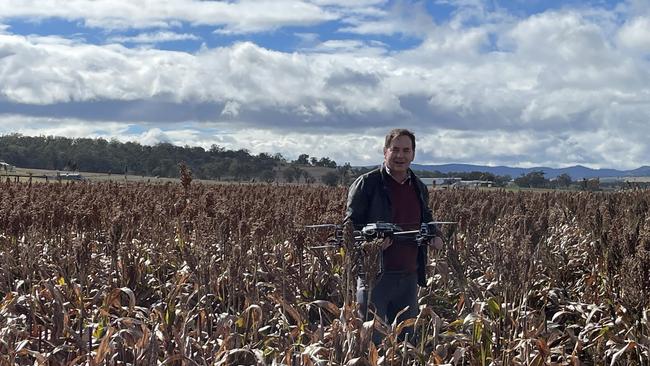
More recently, Professor Jordan has used drones to speed up the data collection process and make analysing crop changes more precise.
He said tasks that once took hours or even days to complete now take just minutes using drones.
“We have been using sensory technology, with the drones flying over the paddocks to get measurements,” he said.
Professor Jordan’s work has taken him to many countries around the world, including developing countries like Ethiopia, where he has led a 10-year project focused on improving the lives of resource-poor farmers who are reliant on sorghum to make money.
“I couldn’t have wanted a better job, it’s very satisfying to see your handy work out in farmers fields and being able to help those who need it most” he said.
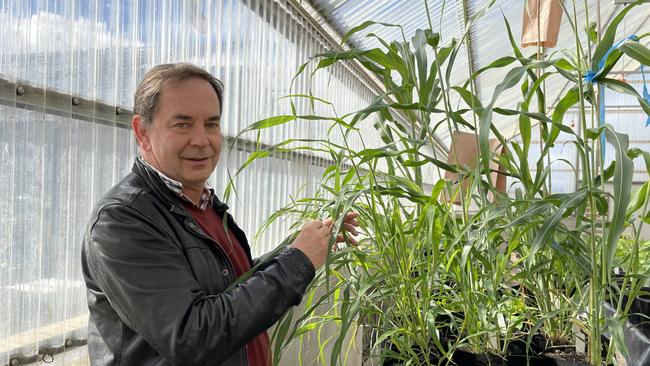
Professor Jordan said he always knew he wanted to become a scientist, having being inspired from a young age by society’s reliance on agriculture for survival and a natural passion for science and learning new things.
“If we didn’t have agriculture we wouldn’t have civilisation. Agriculture allows people to be more productive and have more allowance to work on things other than just farms,” he said.
Although he admits he once considered plant breeding as a “boring” career, the talented scientist said it was luck that landed him a role as a sorghum breeder in 1990.
“I had just finished my university degree and we were in a recession so there wasn’t many jobs. I applied for this one job at a seed company to get some experience but I ended up finding it very interesting and exciting and I haven’t been able to get away from sorghum since,” he said.
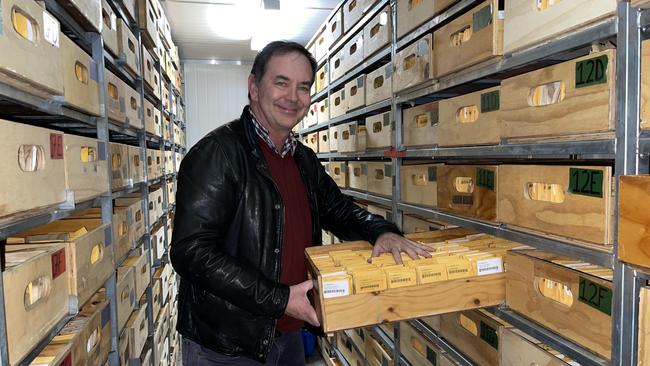
Professor Jordan said his passion for science continued to grow each day as he is constantly learning new things from working with experts across various disciplines, like microbiologists.
The biggest challenge he has faced during his lengthy career has been limiting the effects of climate change on sorghum production, such as making crops tolerant to heat and moisture.
“The crops in Australia need to be as resilient as possible to things like drought and dry land and be able to survive without irrigation, as the summer months are the harvesting season,” he said.
Professor Jordan was also recently recognised for his world-leading research into making sorghum accessible and viable for farmers across the world, being awarded the 2020-21 award for Excellence in Agricultural Research.
